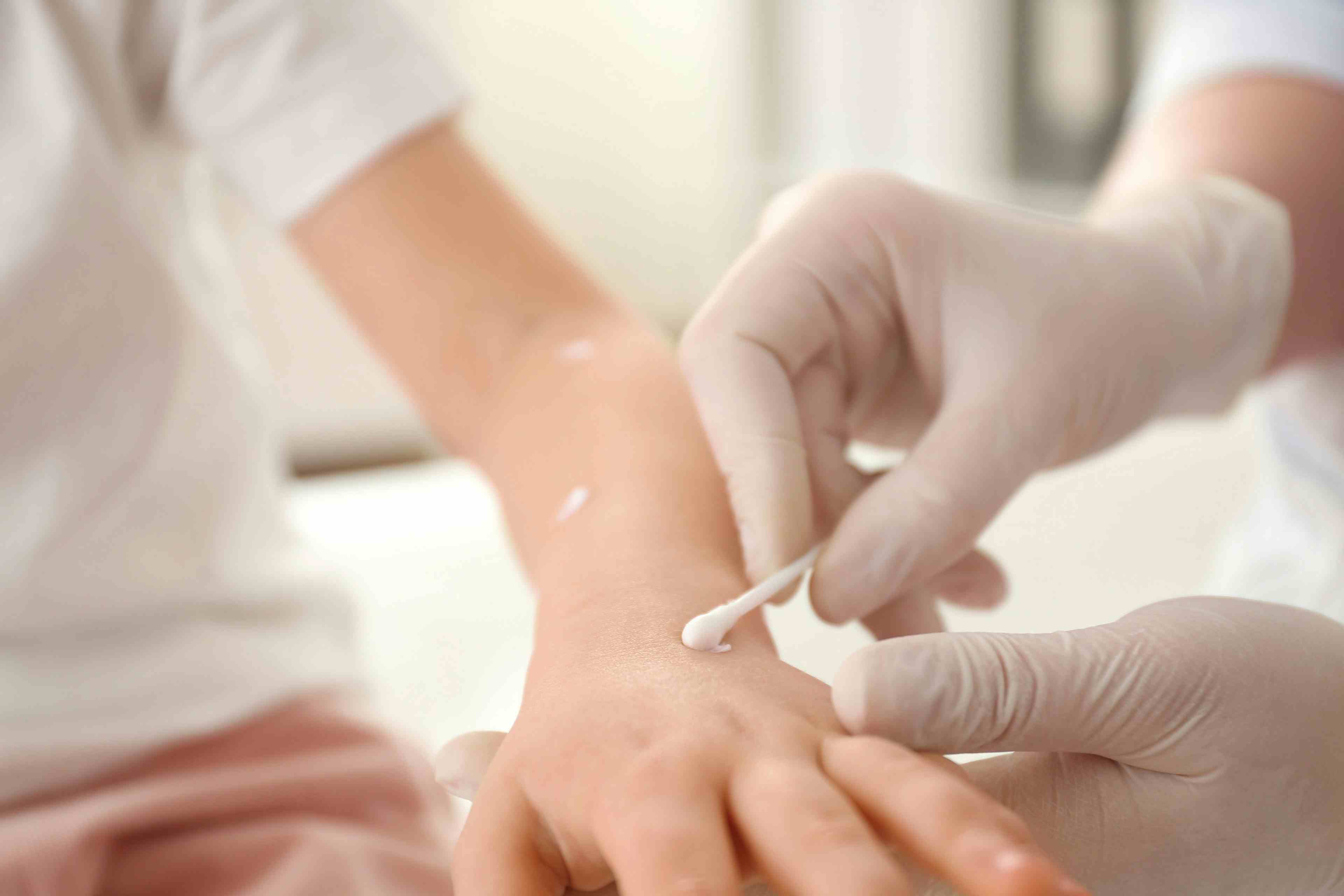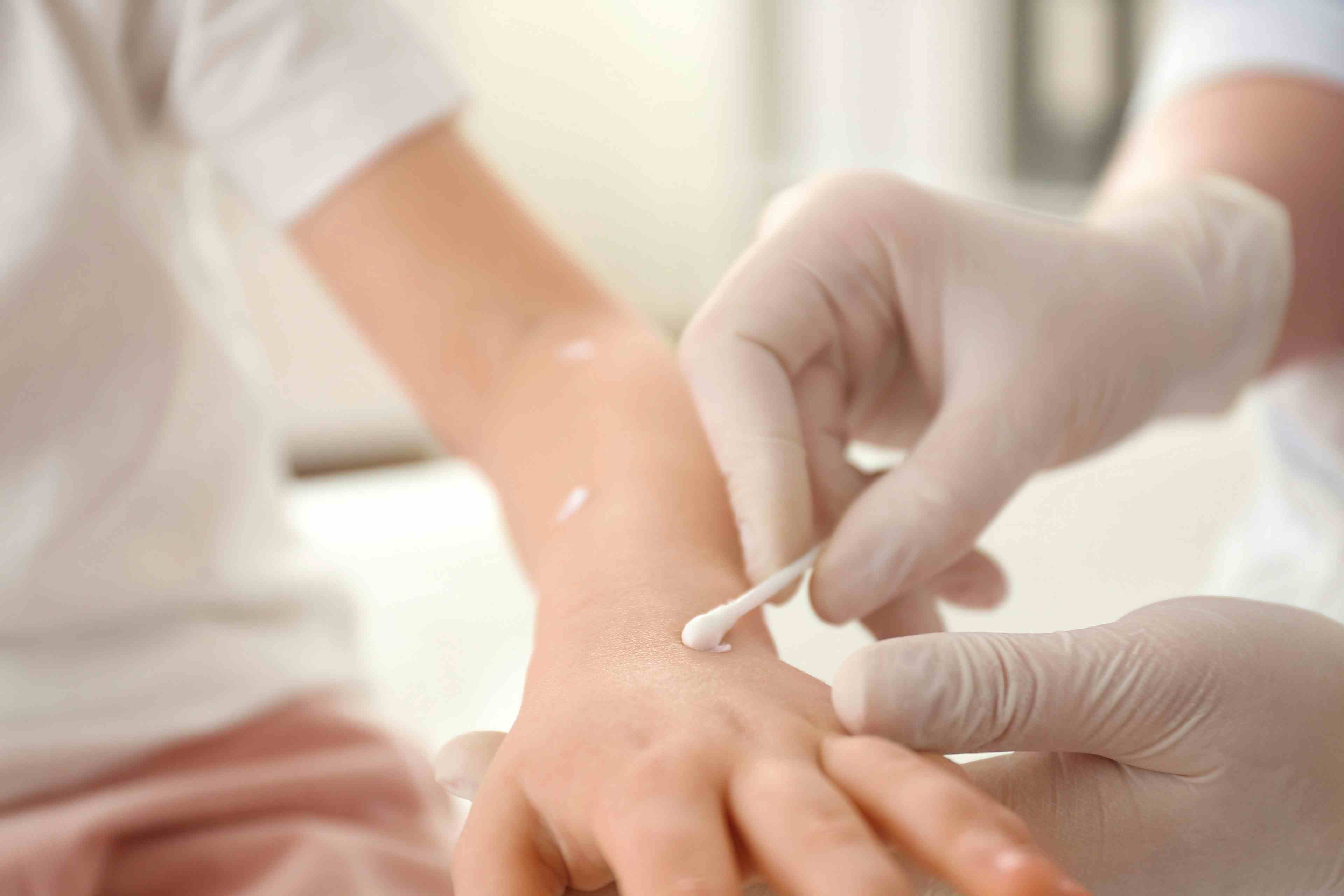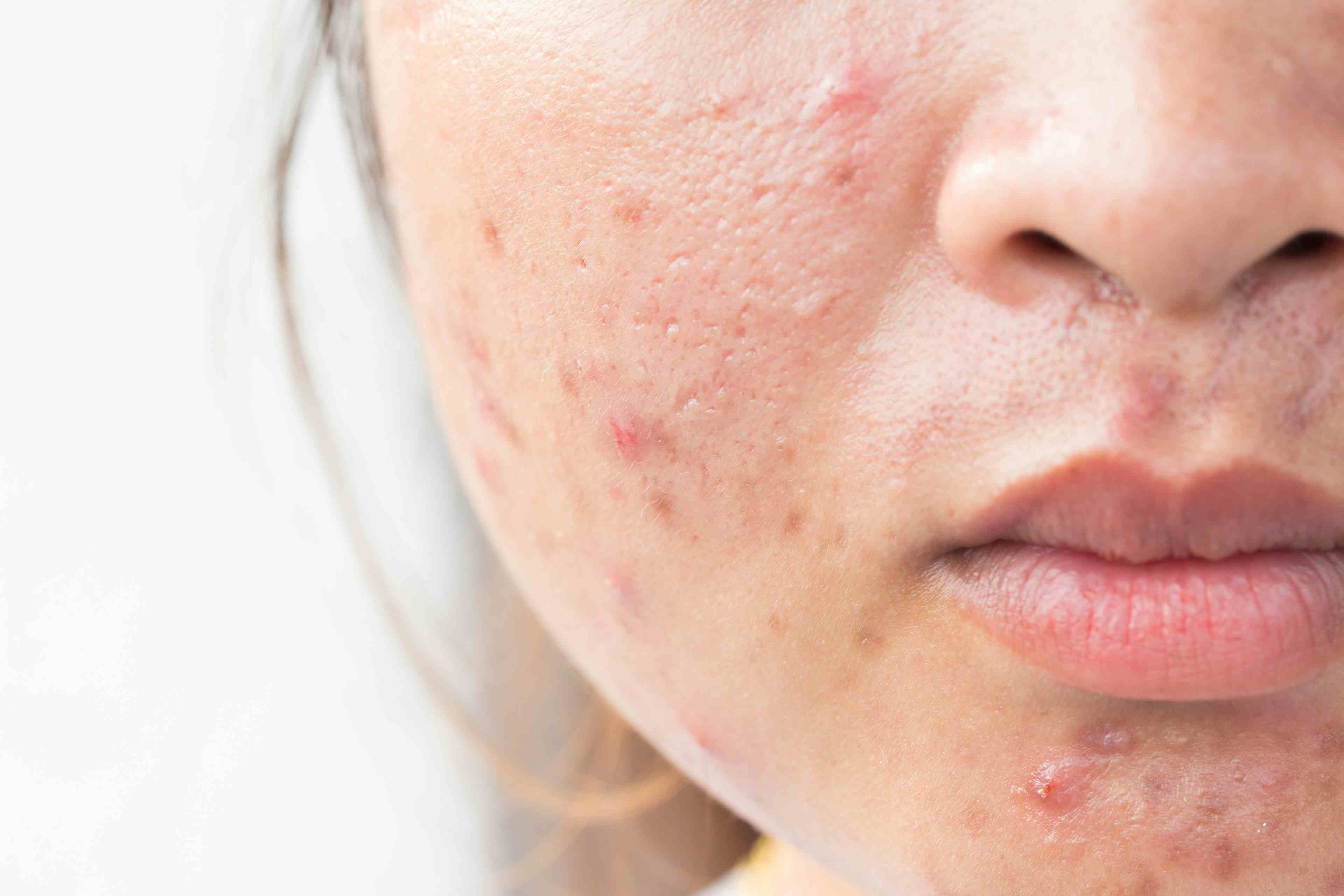- Acne
- Actinic Keratosis
- Aesthetics
- Alopecia
- Atopic Dermatitis
- Buy-and-Bill
- COVID-19
- Case-Based Roundtable
- Chronic Hand Eczema
- Chronic Spontaneous Urticaria
- Drug Watch
- Eczema
- General Dermatology
- Hidradenitis Suppurativa
- Melasma
- NP and PA
- Pediatric Dermatology
- Pigmentary Disorders
- Practice Management
- Precision Medicine and Biologics
- Prurigo Nodularis
- Psoriasis
- Psoriatic Arthritis
- Rare Disease
- Rosacea
- Skin Cancer
- Vitiligo
- Wound Care
Article
Off-label propranolol for pediatric hemangiomas carries risks
Determining the proper course of treatment of hemangiomas in pediatric patients can be difficult, as clinical data are sparse. Propranolol has become increasingly popular for off-label treatment, but it comes with significant risks, says Beth A. Drolet, M.D., professor of pediatrics and dermatology, vice chairwoman of dermatology, Medical College of Wisconsin, Milwaukee.

Key Points

Hemangiomas demonstrate tremendous clinical heterogeneity in terms of size, anatomic site and proliferative potential, making it difficult to assess how - and whether - to treat the lesions.
"Given the wide spectrum of disease, unpredictable biologic behavior and the natural tendency for involution, the greatest challenge in caring for infants with hemangiomas is determining which infants are in need of treatment or are at highest risk for complications," Dr. Drolet says.
While off-label propranolol is being used more often to treat hemangiomas, some physicians are hesitant to do so, Dr. Drolet says.
"Certain practitioners have been a little bit slower to adopt it than others, just because it was new and the babies that we treat are really young and often born prematurely," she says.
Clinical data is lacking, so hemangioma management often is based on anecdotal evidence. No systemic treatments have been approved by the Food and Drug Administration (FDA) to treat these lesions. Off-label propranolol can be effective, but the lack of studies is concerning for some doctors.
"It's pretty clear it is effective and it probably works better than prednisolone," Dr. Drolet says. "We don't have a rigorous placebo-controlled study to demonstrate that, but I think that's the general feeling. But there is controversy over dose initiation and dose escalation.
"Do you get an EKG or a Holter monitor on all babies before starting therapy? Do you get an echocardiogram? How do we need to monitor the babies and how often? What is the safest place to monitor dose initiation and escalation? Do you hospitalize them?" she says. "Really, very complex questions that no one has an answer for."
Propranolol risks
Systemic propranolol can decrease heart rate and blood pressure, but patients are also at risk for very low blood sugar levels, night terrors and, rarely, hypothermia, Dr. Drolet says.
Before treatment, it's particularly important to screen infants carefully for conditions that can increase treatment risks. For example, she says, children with PHACE syndrome, who usually have large facial hemangiomas, may have abnormalities of the aortic arch and cerebral vessels.
If clinicians determine that a hemangioma should be treated systemically, particularly with propranolol, they absolutely must consult with a pediatric cardiologist at their institution to develop a safety protocol, identifying necessary tests pretreatment and monitoring procedures, Dr. Drolet says.
"It's actually quite variable between institutions," she says. "Some babies are getting hospitalized for dose escalation. Some clinicians monitor heart rate and blood pressure in an outpatient clinic after giving the initial dose."
Dr. Drolet says she recommends that these cases be handled by pediatric dermatologists who work with experienced pediatric cardiologists, who have developed safety guidelines in accordance with institutional protocols.
In some cases, topical propranolol has been used off-label to treat hemangiomas, such as timolol.
"Again," she says, "we do not have proper placebo-controlled studies to support the efficacy of topical timolol, but it does seem to slow the growth of smaller, superficial hemangiomas and that appears to be very safe."
Newsletter
Like what you’re reading? Subscribe to Dermatology Times for weekly updates on therapies, innovations, and real-world practice tips.
















